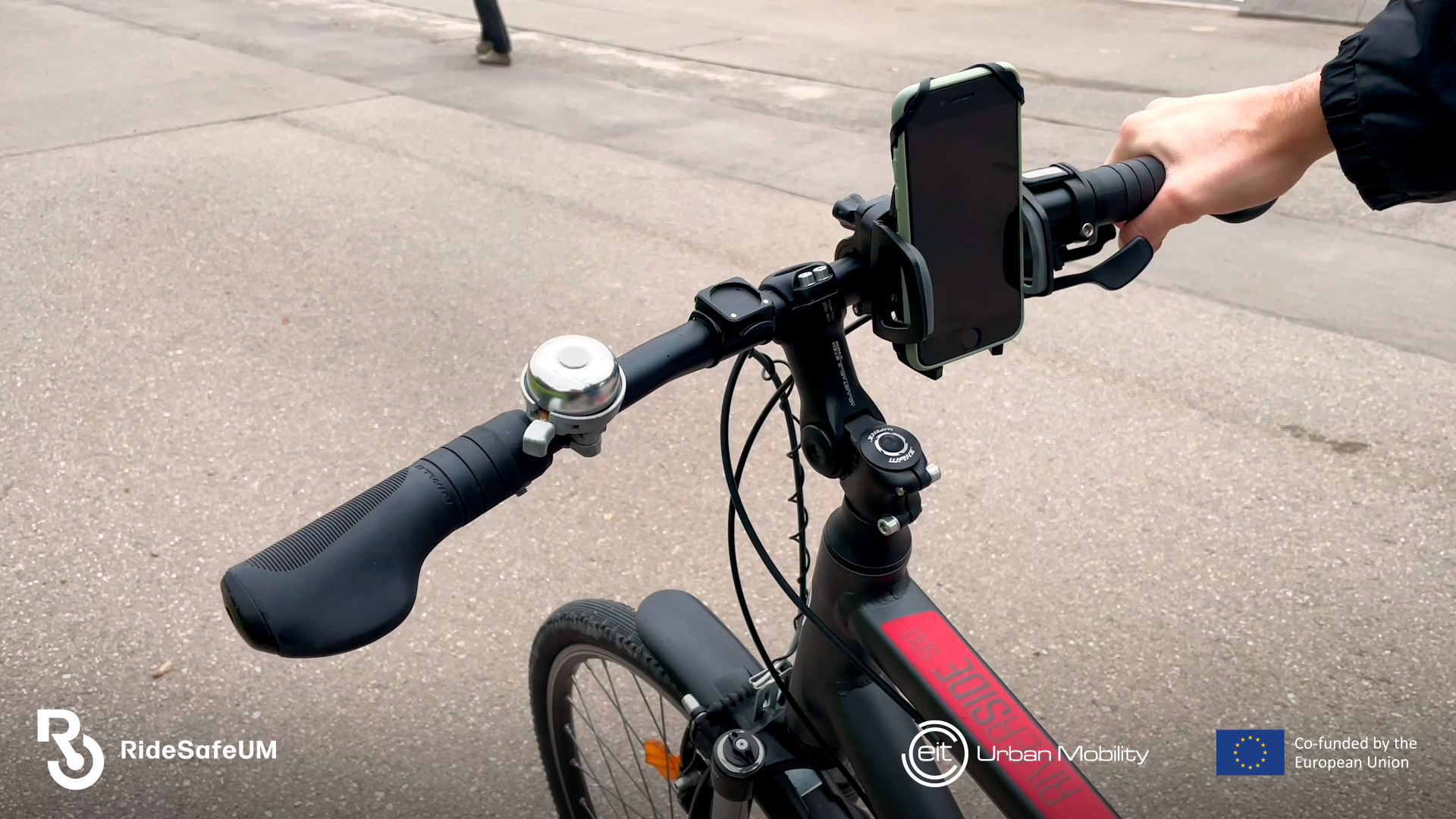From September to December, the RideSafeUM application and dashboard will undergo testing in Barcelona (Spain), Rome (Italy), and Thessaloniki (Greece). The primary goal of these pilot tests is to confirm the effectiveness of RideSafeUM’s features in actual scenarios and in diverse urban and social environments. RideSafeUM was launched to enhance safety for micro-mobility users, pedestrians, and other drivers in urban settings.
Dott and Thessbike, two project partners, will collaborate in carrying out the pilots in Rome and Thessaloniki, providing over 300 personal mobility vehicles for the project. On the other hand, in Barcelona, participation in the pilot will be solely based on private users.
The pilot test results will be beneficial in testing the RideSafeUM system’s validity, evaluating its effectiveness, and identifying any potential issues or areas for improvement to establish the foundation for next year’s development. These pilot tests are available to the general public, and you can access all necessary information on the pilots section of the website to participate.
The rise in popularity of micro-mobility as a sustainable, inexpensive, and healthy mode of transportation, particularly in urban areas, has led to an increase in the use of bicycles and scooters. However, one of the key issues with this form of transportation is rider safety, as the surge in usage, the introduction of novice riders, and limited understanding of traffic laws have resulted in an uptick in accidents.
The RideSafeUM project seeks to address the issue of rider safety in micro-mobility by creating a solution that proactively prevents infractions, responds appropriately to accidents, and collects data for public entities to implement policies that improve city mobility safety. The solution comprises two components: a smartphone application that informs micro-mobility users about traffic regulations in real-time, including speeding and access or parking bans, as well as detecting accidents; and an online dashboard for cities to easily update regulations, receive accident notifications, and analyze data.
In conclusion, RideSafeUM will present a solution to the growing safety concerns associated with micro-mobility transportation. The upcoming pilot tests in Barcelona, Rome, and Thessaloniki will provide a valuable opportunity to assess the effectiveness of the RideSafeUM system in real-world settings and identify areas for improvement. The collaboration with Dott and Thessbike, along with participation from private users in Barcelona, ensures a diverse range of data collection for analysis and future policy development. These key factors will allow this project to promote safer and more sustainable urban transportation, and with the ongoing support and participation of the public, it has the potential to make a meaningful impact on the future of mobility.





